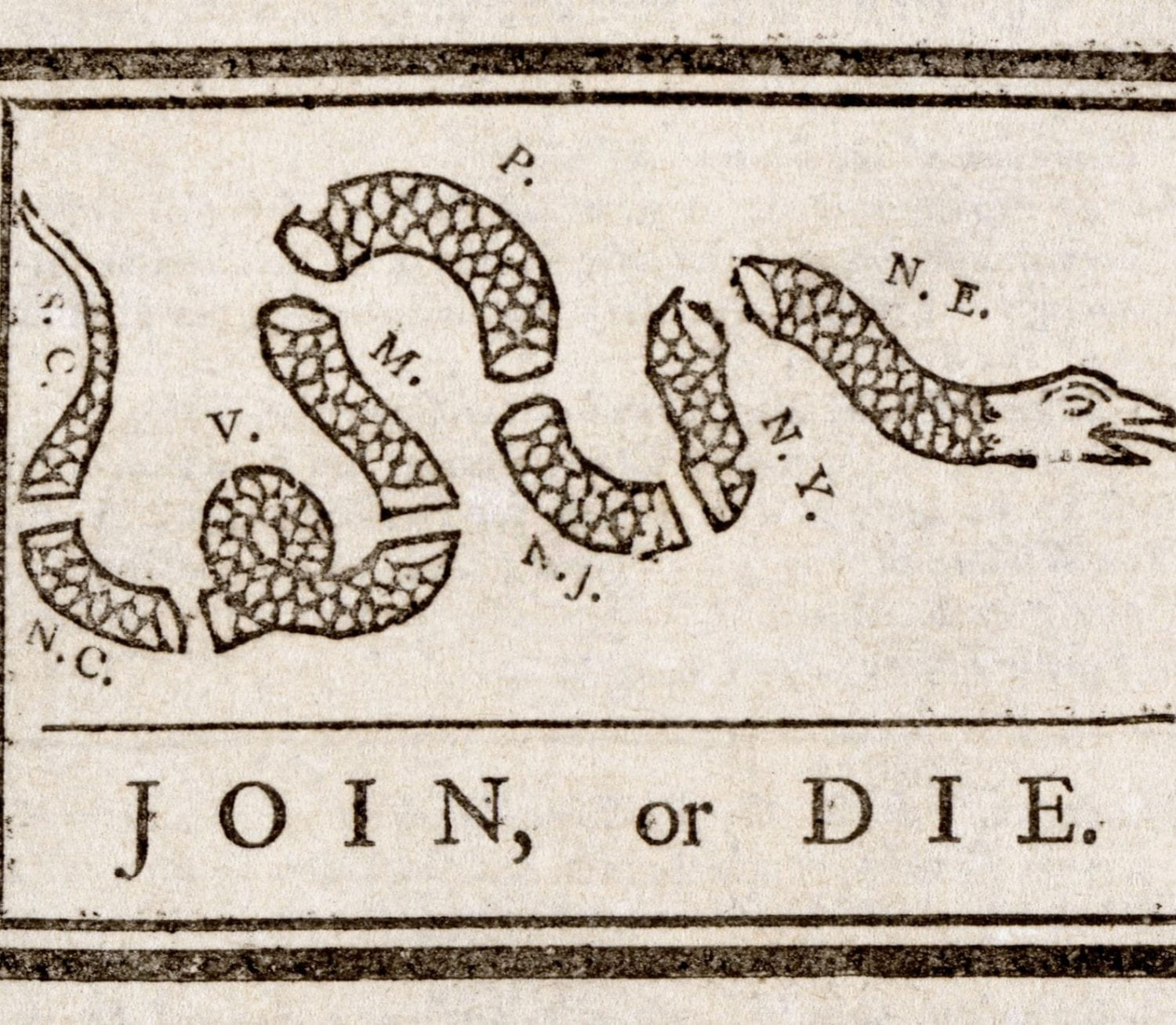By Alex Ronan
For this blog post I had only a vague notion of what I was going to search for in the digital archives of esteemed major public institutions. I decided to investigate General Benedict Arnold as he is a character known by almost every American, but so little is taught on his treason in schools. I tried two of these online databases and found mainly sketches of his likeness. However, in the DPLA I found an extremely interesting item, a pamphlet containing the proceedings from Major John André’s trial for treason following his capture near Tarrytown, N.Y. Having read the play André by William Dunlop this semester, I immediately knew this would be my object of interest. The pamphlet was printed in 1780 and contained the proceedings of the trial, as well as letters from the likes of General Washington and General Arnold.
I was struck by how odd the pamphlet looked at first, as though it was a middle school project where it had been aged by soaking in tea and rubbing ash from burning the edges of the paper. It is 22 pages long and contains a page of written notes that I was unable to read due to the handwriting. The letters that were printed were as sharp as can be, which surprised me that the ink had not faded after almost a quarter of a century. It was not difficult to read, the only noticeable change in the English used was the seemingly random use of the letter “f” being substituted for the letter “s” in words. They had the letter “s”, but most had been replaced by “f”. The digital archive also explains that this pamphlet is incomplete which explains the odd ending.
The content of the pamphlet is also very interesting. From reading the play André I was left with a very different version of the last days of the British Major. Though I knew I was reading a fictional account, it had subconsciously become the information I knew on the topic. The pamphlet is essentially a collection of letters that argue the finer points of André guilt of a spy, and one or two rather ridiculous letters from Benedict Arnold on André’s behalf. Washington writes to the tribunal that André had been captured using the false name of John Anderson in Tarrytown New York, he was dressed in civilian clothes, carried a pass issued by General Arnold in the assumed name, and had hidden in his boots intelligence papers about West Point which were meant for the enemy. He had been caught behind enemy lines, not neutral ground, and was to be considered a spy. André then claims that it was all a misunderstanding or that he had been listening to Arnold’s advice, he had never meant to be near American positions, and he was only out of uniform with the pass on Arnold’s recommendation. He even mentions a man in Charlestown who the British are holding that could be exchanged for himself. The language is very flattering, he seems mainly concerned about his honor, it being most important to him. Arnold writes to Washington as if they are still the best of friends and even asks for his personal items to be shipped on to England, graciously offering to pay the fee, if he must. He then attempts a rather lame defense of André by claiming he was protected as he had come under the flag of parley. Benedict Arnold is seemingly close to Major André and for some reason believes that he and Washington as still firmly friends, even post the high treason that Arnold had taken. Though the pamphlet is incomplete, the men involved argue the semantics of his arrival under a flag of truce issued by and treasonous agent, Gen. Arnold, and that André was merely following orders. The tribunal clearly did not accept the validity of this argument and André was hanged as a spy a short while after, being denied the more honorable death of being placed on a firing line. Not to throw any aspersions on Mr. Dunlop, but this pamphlet was more concise, illuminating, and accurate than the play version. It was also quite entertaining to see just how clueless Benedict Arnold was.

